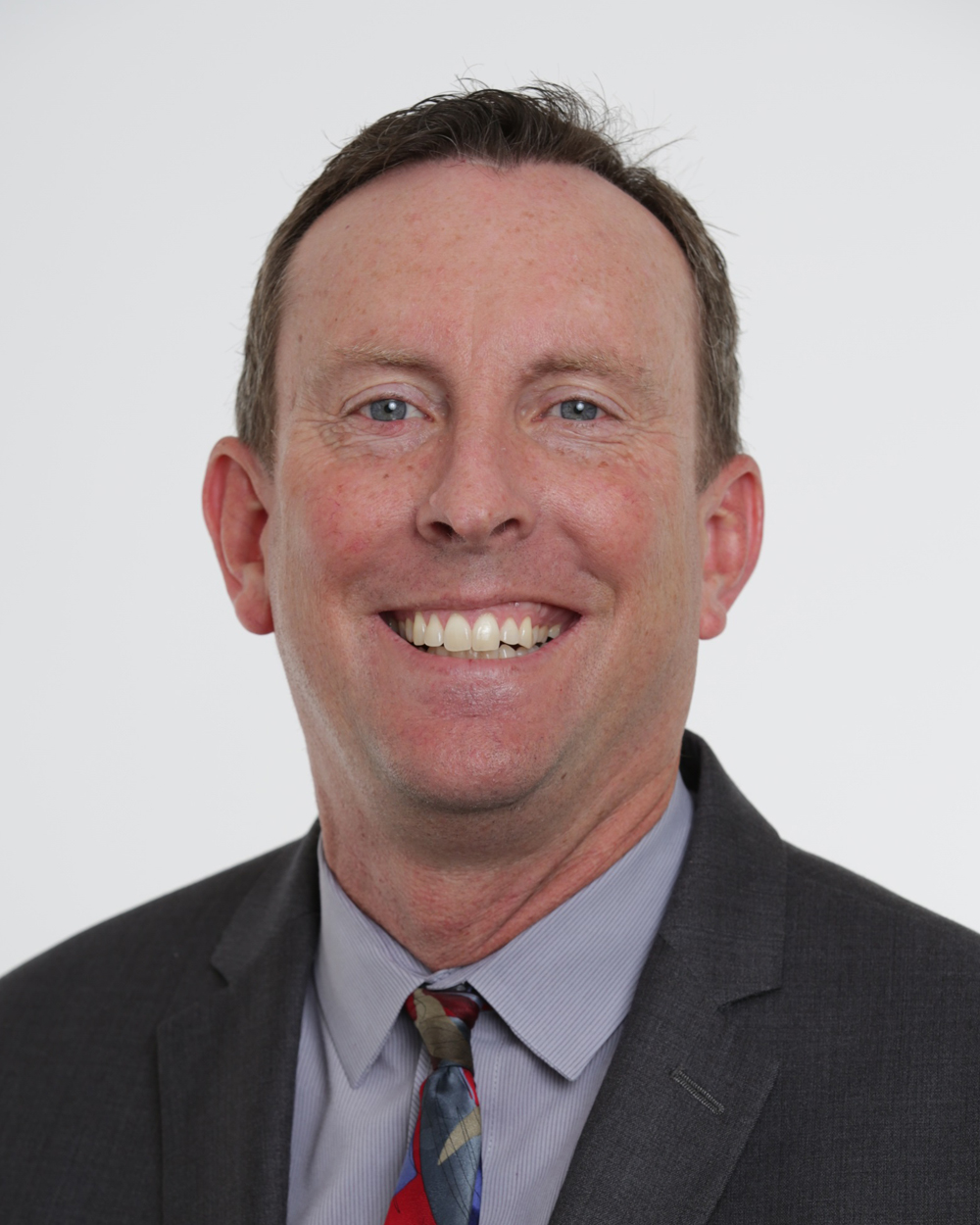
Jon Christensen, CFA, is a Portfolio Manager and Senior Research Analyst who has primary research responsibilities for the small- and mid-capitalization health care sector at Kayne Anderson Rudnick Investment Management.
Before joining Kayne Anderson Rudnick in 2001, Mr. Christensen was a portfolio manager and senior research analyst for Doheny Asset Management.
In his exclusive 5,138 word interview with the Wall Street Transcript, the Kayne, Anderson fund manager details his investing philosophy and the methodology behind several top current holdings:
“We don’t usually keep a lot of cash in the account, right, because we want to find companies that will hold up well during difficult economic times. Traditionally, that is why we don’t need to hold a lot of cash because our companies will protect us on the downside.
We also give ourselves sector benchmark weightings that are typically within plus or minus 10% of the Russell sector benchmark weighting. But I will tell you that we are OK being completely empty or naked certain sectors.
So again, we usually buy high-quality businesses or low-capital-intense businesses with not very much debt on the balance sheet.”
One example is Elanco (NYSE:ELAN):
“Another name we own that is a recent IPO in the last year is Elanco Animal Health (NYSE:ELAN). Elanco is a spinoff from Eli Lilly (NYSE:LLY) from 2018. They develop, manufacture and market for both companion and production animals in the United States and internationally as well.
They make products for worms, fleas and ticks for companion animals. They also make animal therapeutics for pain, osteoarthritis, and ear infections and other conditions. They also have production animal products, such as ruminants and items for swine production.
So we like this business because, in health care, it is driven a lot by the animal companion market.”
Get the detail on many more top portfolio holdings by reading the entire 5,138 word interview, exclusively in the Wall Street Transcript.
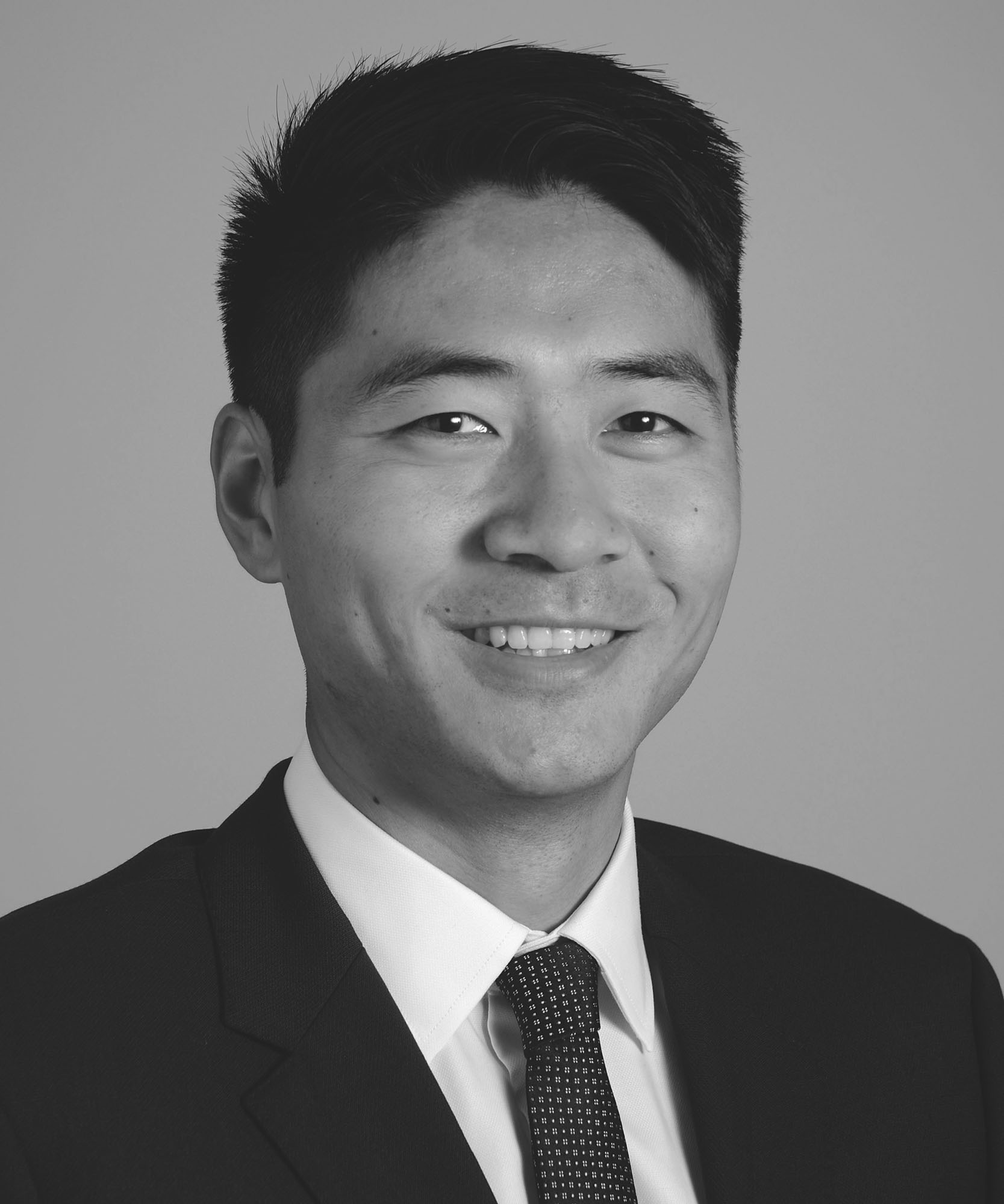
Henry Song, CFA, is Portfolio Manager of Diamond Hill Capital Management, Inc. He is Portfolio Manager of the Diamond Hill Short Duration Total Return and Core Bond strategies. He has been with Diamond Hill since 2016. Before that, he was a portfolio manager with JPMorgan Asset Management.
In this 3,408 word interview, Mr. Song describes the demand for his product:
“When we launched the strategy in 2016, it became a great solution for people looking for income in a rising rate environment. These shorter-duration investments have worked out well for clients who have invested in the strategy, and we don’t see any competing strategies out there with as much emphasis on short-duration structured product.”
One method for increasing short term returns safely was nonrated bonds:
“In my view, bonds that are not rated aren’t necessarily poor credit. This status is just the nature of assets being securitized. For example, some assets tend to be short duration in nature. By the time the issuer goes through the rating process, most of the loans will be paid off.
It is not necessarily cost-efficient for the issuer to get a rating for the bonds. By going to the nonrated space, the issuer ends up saving money, and they are able to pass on a lot of the savings to buyers like us. It is a win-win for everyone.
Obviously, we are cognizant of the amount of nonrated securities in the portfolio because often it can be perceived as being illiquid, which is not necessarily the case.
Typically, these nonrated bonds are done on a club basis whereby only a few large investors are shown the bond and the bond gets placed with one of them. We were able to get a seat at the table because of some of the relationships I have built over the years.
The sector actually trades extremely well in the secondary market. A lot of the dealers make two-way markets on a daily basis for these bonds. They are no less liquid than anything else out there, but they are still perceived as a potential risk.
Therefore, we cap our below-investment-grade and nonrated exposure to 20% and manage to that exposure level.”
Get the rest of the portfolio structure and Henry Song’s investing philosophy by reading the entire 3,408 word interview, only in the Wall Street Transcript.
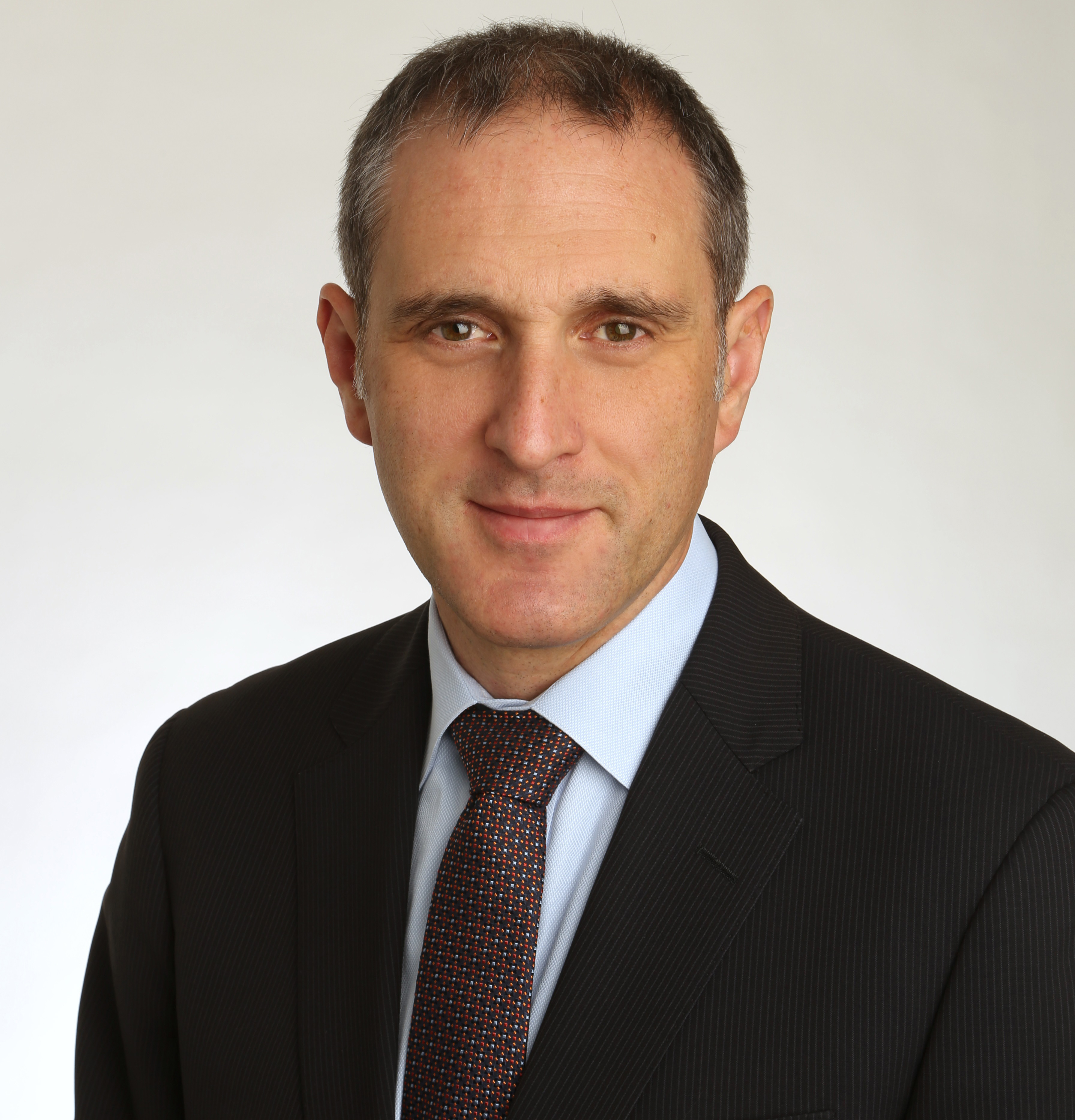
Charles Lannon, CFA, is Senior Vice President, Portfolio Manager and Head of Equities at Cidel Asset Management Inc. He manages Cidel’s equity team and is lead manager on the Cidel Global Equity strategy and its various balanced strategies. Prior to joining Cidel in 2004, he worked at a major accounting firm’s corporate finance practice and for a mutual fund firm. He received B.A. and MBA degrees from the University of Toronto.
In his 3,224 word interview, exclusively in the Wall Street Transcript, Mr. Lannon describes his investing philosophy and details the reasoning behind his top picks:
“Within the asset management arm, we have a real cash flow orientation toward investing. We like businesses that generate a lot of predictable cash flow and prove the strength of that cash flow by returning cash to shareholders in the form of dividends and buybacks.
Our approach to risk management puts a lot of emphasis on the resilience and probability of cash flow. How we think about the quality of a business is very much related to the predictability and the resilience of the cash flow through business cycles as well.”
One example is described by Mr. Lannon:
“A recent U.S. stock we’ve bought is Amphenol Corporation (NYSE:APH). It is a U.S. manufacturer of sensors and connectors. Those are sort of unique components that are used in a variety of industries including defense, telecom, consumer goods and automobiles.
And it is well-poised to continue to grow its business at a greater-than-GDP-growth clip, due to the ongoing proliferation of both sensors and connectors in all those products. Those are two industries that don’t have a ton of industry concentration. The larger firms such as Amphenol should be able to continue to take share.
It’s a stock that we followed for quite some time, but we always thought it was a little bit pricey, but it was one of the names that we picked up early on in the new year after it, along with so many other stocks, had a difficult Q4. We were able to buy some shares in the low $80 within the first couple of weeks of January. We are quite pleased with that.”
Read the complete 3,224 word interview for the rest of Mr. Lannon’s top picks, exclusively in the Wall Street Transcript.
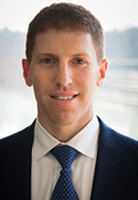
Daniel M. Miller is Executive Vice President of Gabelli Funds, LLC, and Portfolio Manager of several mutual funds, closed-end funds and separate accounts. Mr. Miller launched the Gabelli Focus Five Fund, a concentrated best ideas strategy in 2012. Mr. Miller joined Gabelli in 2002 after graduating magna cum laude from the University of Miami.
In this exclusive 1,986 word interview only found in the Wall Street Transcript, Mr. Miller details his new unique fund:
“The entirety of the portfolio will be invested in the pet economy, but 20% might be companies that also participate in other businesses. For example, some companies may have pet food as one product line. Take a company like Smucker’s (NYSE:SJM) that has done several acquisitions in the pet food category.
Its most recent deal was a $2 billion transaction. They purchased Ainsworth Pet Nutrition to get into the natural and organic area. Yet, Smucker’s is a much more diversified business, and so that would fall into the other 20% category as defined in the prospectus.”
Mr. Miller explains many of his top picks in the interview:
“Another is Covetrus (NASDAQ:CVET), which was recently formed when Henry Schein (NASDAQ:HSIC) spun out its veterinary distribution business.
It simultaneously merged with a technology platform called Vets First Choice, a private company. Covetrushas a very robust practice management and technology solution that is focused on compliance. This is an important trend that will lead to growth in the pet economy.
You come home from the vet with medication and might be on top of it for a couple days or weeks, but then compliance starts to decline. Even though you truly love your little dog, it isn’t probably the first thing on your mind every morning.
So Covetrus will use technology and a mobile app, with reminders, emails and text messages, to ensure that you treat your dog as you might your own human child. That is going to increase the longevity of your pet’s life and increase the revenues and profits of the veterinarian.
It is a very interesting business model with a lot of growth potential. The average vet today spends about $50,000 a year with Covetrus. The company projects that figure could be upward of half a million dollars a year. So a 10 times growth opportunity over the next five years or so.”
Get the complete picture on this and many other pet industry investment opportunities by reading the entire 1,986 word interview, only in the Wall Street Transcript.
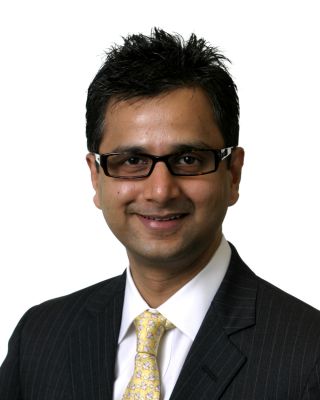
Amit Kumar is Director and Senior Analyst of P/C insurance at The Buckingham Research Group. Mr. Kumar currently focuses on large-cap multiline insurers, midcap insurers and Bermudian reinsurers.
Mr. Kumar previously worked at Macquarie Securities from 2009 to 2017. In 2005, Mr. Kumar joined Fox-Pitt Kelton, which was acquired by Macquarie Securities Group in 2009. Prior to that, he worked at Dowling & Partners Securities, LLC for four years.
In his exclusive 2,466 word interview with the Wall Street Transcript, Mr. Kumar lets investors know where he stands on many different insurance stocks:
“In our view, Progressive Insurance (NYSE:PGR) appears to be fully valued based on its current stock multiple. Our analysis of this data indicates that loss cost trends are plateauing, pricing is flat to down and repair costs are going up — partially offset by declining bodily injury costs.
We might be at the peak of this cycle and results might be flattish from here. Hence, we would consider lightening up on personal-auto-predominant stocks based on valuation.”
The specific recommendations come with specific reasoning and justification:
“Switching over to The Hanover Group, a smaller regional player, the three reasons are: one, impactful capital management from a disposition. The Hanover Group used to own a Lloyd’s of London entity called Chaucer.
This entity was sold in 2018, and The Hanover Group received north of $800 million of funds. These funds have been redeployed in an accelerated share repurchase program as well as a special dividend.
We anticipate additional return of capital in 2019 apart from the previously announced return of $450 million. There’s a documented correlation between how stocks perform compared to capital management strategies.”
Find out the rest of Mr. Amit Kumar’s picks in this key business sector as well as his top short idea for the year by reading the entire 2,466 word interview, exclusively in the Wall Street Transcript.

J. Paul Newsome is a Managing Director and the Senior Insurance Analyst in the Research Department of Sandler O’Neill + Partners, L.P. Previously, he was Vice President and the senior property-casualty insurance company research analyst at A.G. Edwards and at Lehman Brothers.
Mr. Newsome has worked in or covered the insurance industry for over 20 years. Prior to Lehman Brothers, he worked at Dain in Minneapolis, and Oppenheimer and Company.
In this 1,797 word interview found only in the Wall Street Transcript, this highly trained economist identifies the key sectors for growth within the insurance industry:
“For example, workers’ compensation insurance, you are seeing prices pretty much across the board decline. It’s a very profitable business currently on an absolute basis, but it looks like the margins are being squeezed there.
You saw some very heavy losses in commercial auto, and that has resulted in perhaps an acceleration of price increases there. You’ve seen in liability insurance some small uptick in inflation and then product-specific price increases here and there, places like E&O insurance. So it is an environment where it’s not uniform in terms of what’s happening from a competitive perspective.”
There are several insurance stocks that Mr. Newsome is recommending, and he does not hesitate to indentify them:
“Our best idea for the year was Progressive (NYSE:PGR). This is a company that had just an absolute spectacular year last year, and there’s much expectation that they just will not be able to repeat that level of performance…I think that investors are underestimating the earnings potential for the company, and I think the valuation doesn’t reflect what I think they’ll earn in a year or two. So we like that company quite a bit from a stock perspective.”
Get the other top picks from Mr. Newsome by reading the entire 1,797 word interview found only in the Wall Street Transcript.
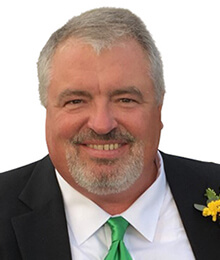
Mark E. Jones is a Co-Founder of Goosehead Insurance, Inc. and has served as its Chairman and Chief Executive Officer since inception in 2003. Under his leadership, Goosehead has grown to be counted among the largest and fastest-growing personal lines insurance agencies in the country.
Prior to joining the company, he was a senior partner and director of Bain & Company, the global management consulting firm. Earlier in his career, he worked in the audit and mergers and acquisitions practice groups for Ernst & Young. He holds a Bachelor of Commerce degree from the University of Alberta and an MBA from Harvard Business School.
In this 3,375 word interview, exclusively in the Wall Street Transcript, Mr. Jones details how he and his wife started an insurance company from scratch.
“First of all, the industry is enormous. There’s over $300 billion a year in personal lines, property and casualty insurance, in the United States — over $300 billion. It’s highly fragmented, so you can build a really successful business, and no one has enough market power that they can stomp you out or get in your way.
There’s just too much fluidity; there’s too much white space in the market. My hypothesis was that it would be very recession-resistant, because if you live somewhere or drive something, you have to buy our product, or you have to buy the product from someone. And that has very much proven to be the case; it’s highly recession-resistant.”
Goosehead prides itself on the economic advantages derived from superior customer service:
“One thing that is very unique — and this doesn’t so much relate to carriers as it does to our own economics — every day, the first email that I see are the call statistics from the prior day. That include things like call volume, hold times, abandonment rates, net promoter score, all of those things; they’re all measures of quality.
We never really benchmarked our cost to deliver service because I know that the longest economic lever in our business is client retention, and so I was prepared to spend what we needed to in order to drive high levels of client retention.
What we found when we did our IPO last year, we did benchmark our cost to deliver service, and we were a little bit surprised to learn that it costs us about 25% of industry best practice — not industry average, industry best practice — to deliver the best service in the world.
And we kind of scratched our heads a little bit at first, trying to figure out how could this be, because we really haven’t focused on managing costs. We focused on delivering quality. What we found is that we took all of the friction points out of delivering service, and those friction points are what drive costs.”
Get the full detail on this successful insurance start up by reading the entire 3,375 word interview with the CEO, exclusively in the Wall Street Transcript.

Thomas G. Kahn, CFA, is President at Kahn Brothers Group, Inc.; President, CIO and Lead Portfolio Manager at Kahn Brothers Advisors LLC; and President at Kahn Brothers LLC. He is on the board of directors of JBI International, Inc., Lighthouse Guild, Ackerman Institute for the Family and American Federation for Aging Research.
Mr. Kahn has over 48 years of industry experience and is a leading practitioner in the field of value investing. Mr. Kahn co-founded Kahn Brothers Advisors in July 1978. He received a B.A. from Cornell University and an MBA from New York University’s Stern School of Business.
In this exclusive 3,362 word interview, Mr. Kahn identifies the source of his wealth building wisdom:
“My middle name is Graham, and I am named after Benjamin Graham, who was a good friend of my father. What we do is we basically study companies. Frequently, we talk to management, visit conferences, etc. And if we find a security that meets our value standards, we buy it.
And what we do is a little different than a lot of other firms because we eat our own cooking: We buy for our own personal accounts what we buy for clients. We deem it to be hypocritical to buy for clients or recommend to clients securities that we do not own and do not buy ourselves, even though we think a security is very attractive.”
There are some interesting investment opportunities identified is this interview. Among them are:
“We like GlaxoSmithKline (NYSE:GSK). GlaxoSmithKline is a big pharmaceutical company with a new manager as CEO, who is doing extremely well in our opinion, and a new President of Research and Development, Hal Barron, who has had a very, very exciting history developing important drugs. The stock yield is over 5% and, in our opinion, is undervalued.”
Another stock pick from this value investor:
“We have owned for a long time New York Community Bank (NYSE:NYCB), which originally started out as Queens County Savings Bank. And through a whole bunch of acquisitions is now a $50 billion bank.
New York Community has a 5.7% dividend yield, which is pretty darn high. And if your goal is to annualize your money at 10% to 12%, you could say you’re sort of halfway there with the dividend yield.”
Get the complete detailed reasoning for these and many others, only in the complete 3,362 word interview and only in the Wall Street Transcript.
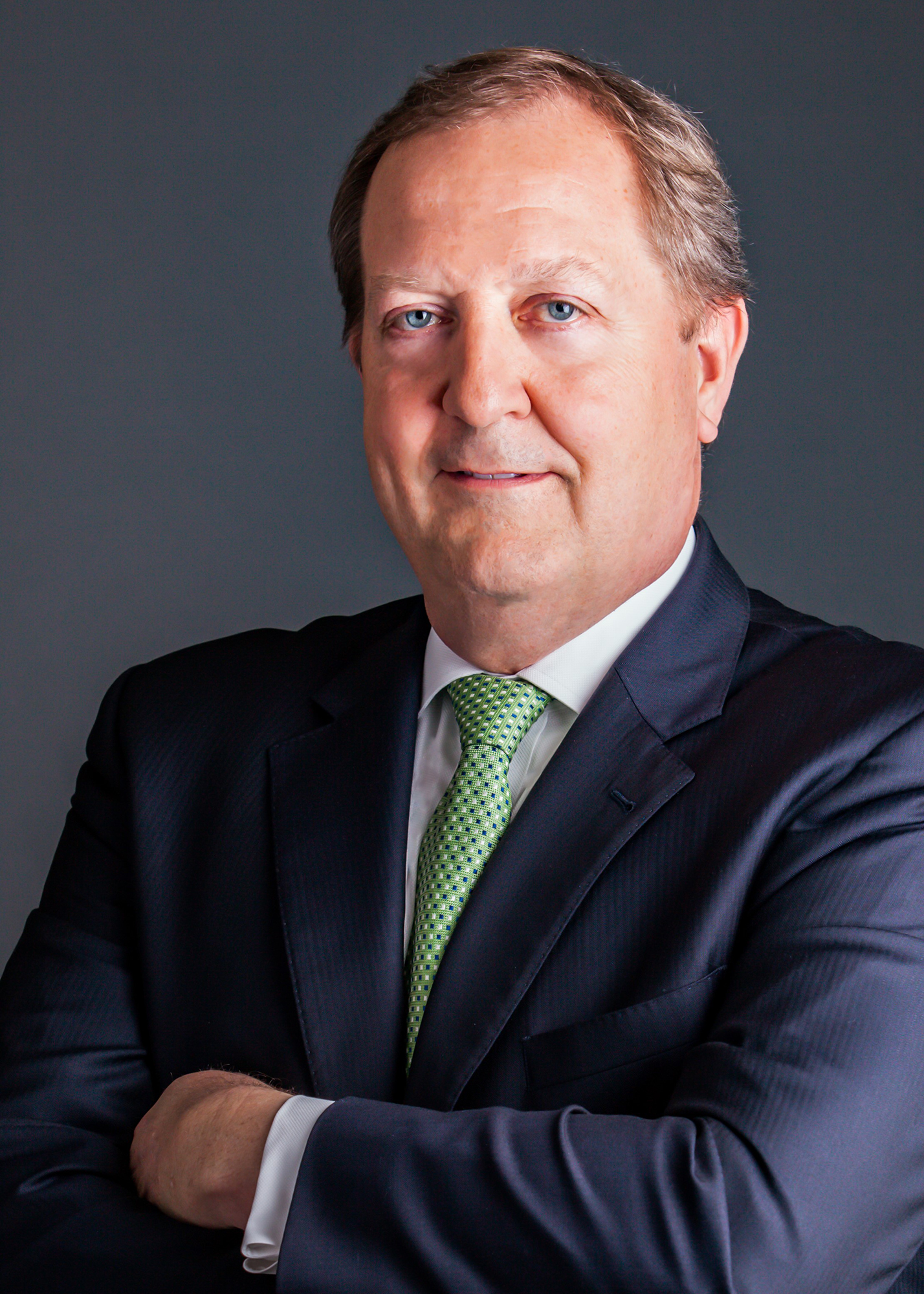
Nelson Mills, as President, Chief Executive Officer and Director of Columbia Property Trust, Inc., is responsible for the company’s overall strategy, capital transactions, operations and the performance of its portfolio of investments.
In his exclusive 3,549 word interview with the Wall Street Transcript, Mr. Mills details his operating and strategic vision based on his 30 years of experience in the real estate investment and financial services industries.
Mr. Mills took on a big job at Columbia as a U.S. real estate asset manager:
“So we set out to accomplish several goals: One was to consolidate the portfolio into fewer markets. Importantly, we wanted to choose what we thought were the best long-term markets for Class A office, so we settled on Manhattan, San Francisco and Washington, D.C.
We’ve now sold 65 of our original 75 properties, which equates to just over $4 billion of transactions across our $5 billion of owned assets, and we have redeployed the capital into our selected markets.”
The CEO has detailed location based logic for his investment strategy:
“But to go one step further, even within those three markets, we’re very particular about the submarket, the neighborhood and the type of property we invest in.
For example, in Manhattan, we’ve focused on Midtown South and smaller floorplate, boutique buildings. They’re well-located, with nice amenities but with smaller, flexible, more manageable floorplates.
The traditional financial district building in upper midtown, with the larger floorplates and the more commodity-type office space, has struggled a bit, and they’ve lost a lot of their tenancy to the new construction around the city.
Midtown South has not experienced that attrition and has continued to grow rents very substantially. So even within Manhattan, we’re focused on a particular type of building, location and submarket within the city.
We’ve done the same thing in our other markets. For example, in D.C., we’re only focused inside the district. There are some fine properties and some good submarkets in Virginia, but we’ve really focused on CBD D.C.
In San Francisco, we’ve stayed in the central business/financial district; Market Street and just south or north of Market has been our focus.”
Get the complete detail on this investment opportunity by reading the entire 3,549 word interview, only in the Wall Street Transcript.
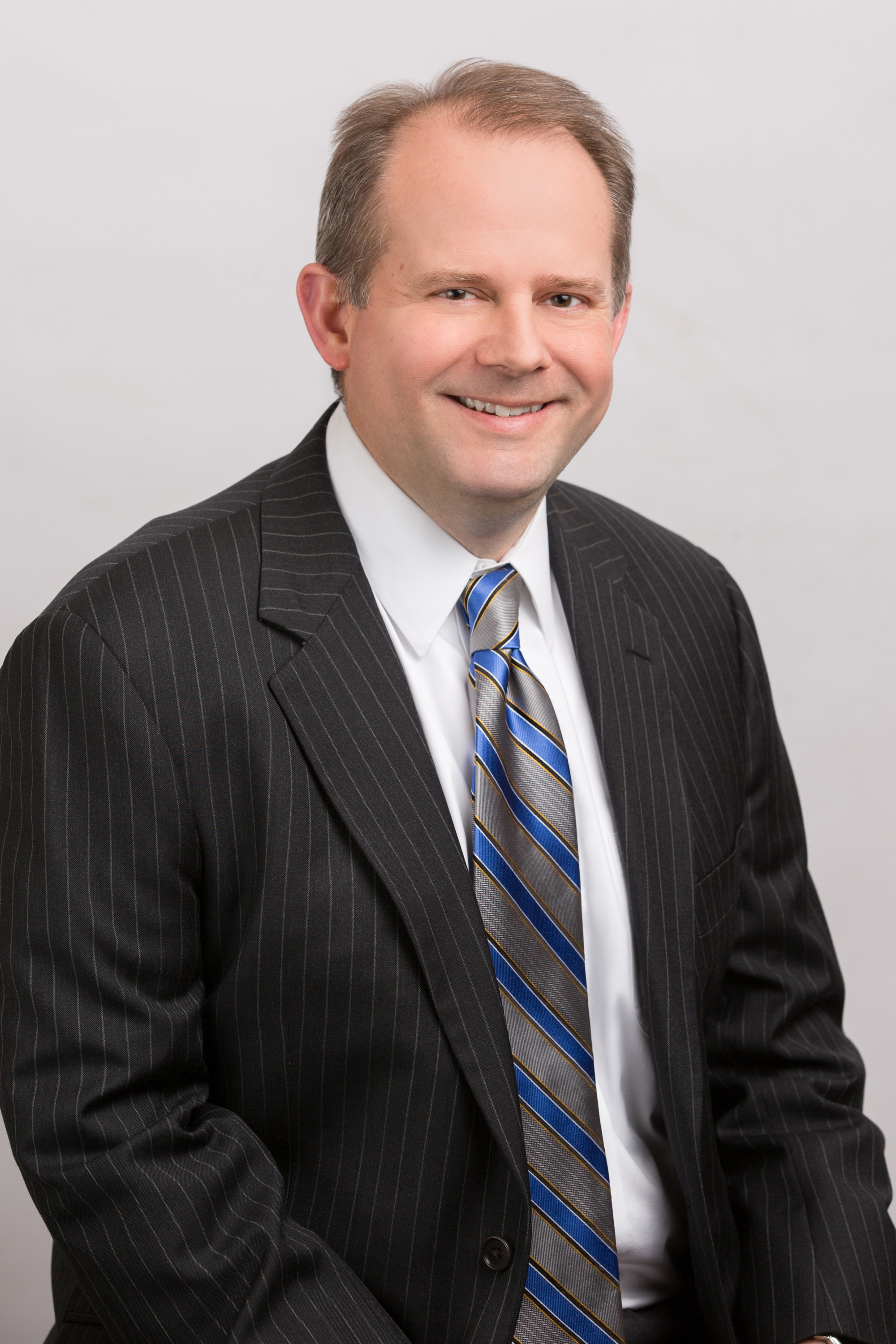
Jim Lykins is a Vice President and Research Analyst at D.A. Davidson & Co. and joined the company in November 2015 to expand coverage of the real estate sector, focusing on retail. Mr. Lykins was named Thomson Reuters’ “Top Stock Picker” in Equity Real Estate Investment Trusts in 2017.
In his 1,979 word interview, exclusively for the Wall Street Transcript, he picks the best REITs in the sector, here’s just one:
“Another name we like right now is UMH (NYSE:UMH). Again, there is an affordable housing crisis right now. And this is a value-add play. These guys will go out, buy properties that are as low as 50% to 60% occupied.
They’ve been doing this for decades; they know what the secret sauce is. They go in, they make improvements, they will typically take about three years to take a property from that 50%, 60% level to 90%-plus occupancy, and then wash, rinse, repeat. That’s the strategy in a nutshell.”
A familiar them for Mr. Lykins is the lack of housing in the US:
“Manufactured housing, one of the nice things about that sector right now is we have — it sounds bad, but one of the nice things about that space is, we have an affordable housing crisis right now, so there is plenty of demand for their product.”
And there is always a good case to be made for opportunistic turn around story stocks:
“Another name we like right now is Braemar Hotels & Resorts. They have a different strategy than the rest of the group; they’re focusing on the luxury segment. A couple of catalysts for them: Their Ritz-Carlton in the Virgin Islands is undergoing a significant renovation due to hurricane damage, so that one should be fully back up and running later this year.
They are up-branding a couple of Courtyard hotels to Autograph Collection hotels, so there are a couple more catalysts that should help accelerate FFO growth later this year.
They’re also up against easy comps this year. Last year, it was kind of the perfect storm; they had headwinds from several nonrecurring events like hurricanes, wildfires, red tide, low snowfall, so they’re up against much easier comps this year…”
Get the full detail on many other stocks in the complete 1,979 word interview with Jim Lykins, Thomson Reuters’ “Top Stock Picker” in Equity Real Estate Investment Trusts in 2017.